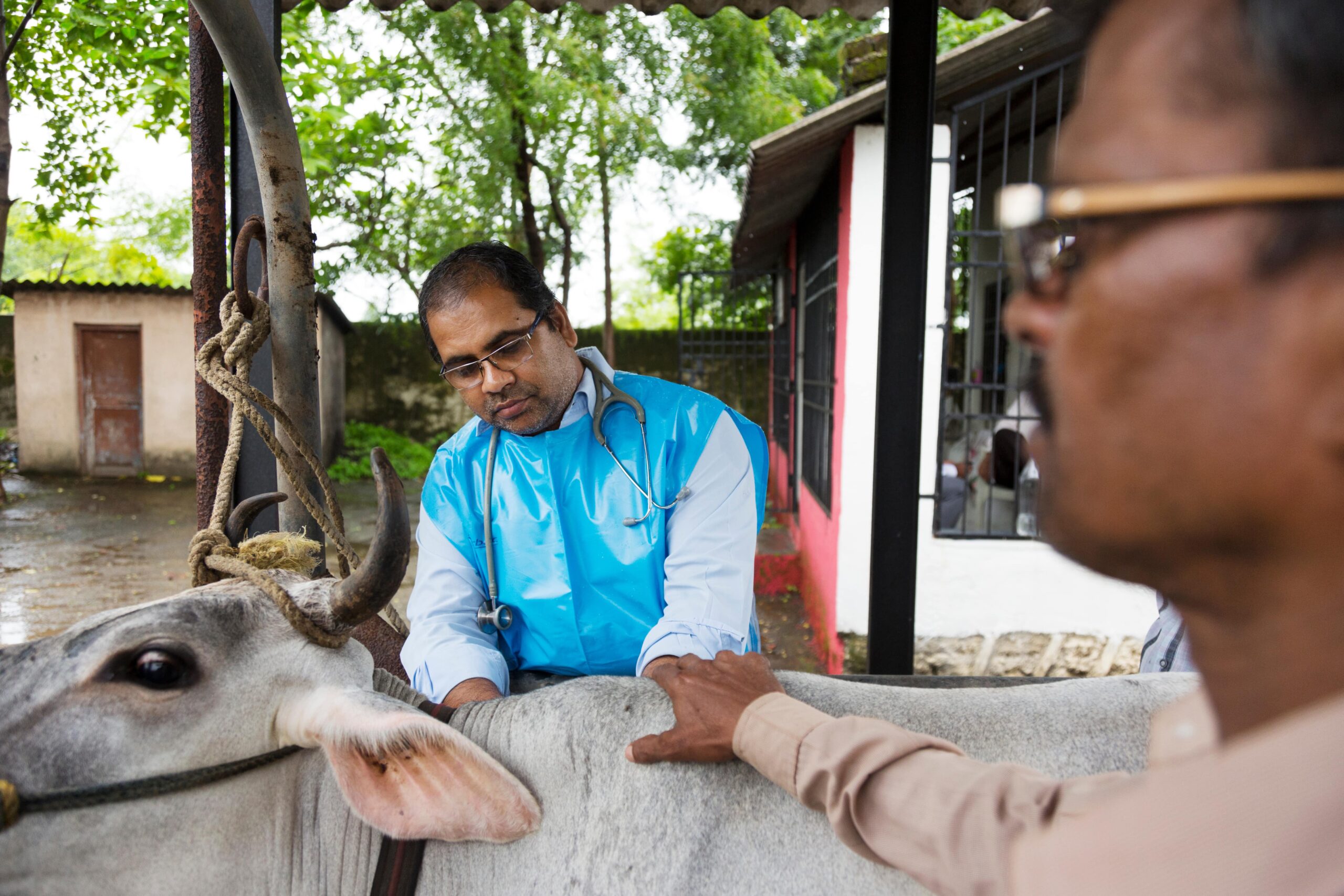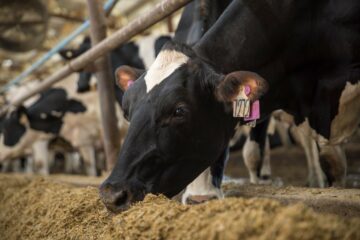Whatever Happened to Balanced Diets?
A recent report from a European-based organization calling for drastic reductions in the amount of meat and milk people consume casts aside a mountain of evidence that these foods are major contributors to healthy, sustainable diets.
Adoption of radical recommendations such as reducing meat consumption by 90 percent and restricting the amount of milk we drink to one cup per day would have serious, negative consequences for the global health of people and the environment, based on decades of independent, academic and government research.
The report ignores well-established scientific facts about healthy eating. Ample evidence supports the nutritive value of meat which has critical vitamins and minerals often lacking in many diets, especially in developing countries. Consuming the recommended amount of meat and animal products provides nutrition that simply cannot be replaced by another food. Recommendations vary, but the U.S. Department of Agriculture recommends four ounces of meat per day. If you broaden it to protein, in general, the dietary guidelines recommend five and a half ounces per day.
What do I mean when I say the nutrients in meat and animal products aren’t found elsewhere? Consider this: Vitamin B12 is naturally found only in animal products, and our bodies need it. Calcium is another example: it’s estimated it would take five cups of red beans to equal the calcium absorbed from one cup of milk.
Eliminating meat from diets puts people at a higher risk of nutrient deficiency, as they cannot get certain nutrients from plant sources. Instead of focusing on foods to eliminate, we should help people eat more nutrient-dense foods like meat, eliminate food waste, and promote behavior change that is beneficial for the health of people and our planet.
The report ignores environmental improvements that have been achieved while meat and milk production have increased significantly over the years. It’s simply not true that animal agriculture produces more greenhouse gas emissions than transportation – an oft-cited but false claim. Animal agriculture is responsible for just four percent of total greenhouse gas emissions in the United States.
Here are some more facts. While the amount of pork we produce has risen substantially over the last 50 years, we’re using 75 percent less land, 25 percent less water and seven percent less energy. From 1970 to 2015, beef production in the U.S. required 36 percent fewer animals. Dairy farmers since the 1940s have reduced the carbon footprint of every gallon of milk by two-thirds. Farmers and ranchers here in the U.S. are producing more nutrient-dense meat and dairy, more efficiently than ever before.
Reducing food waste should be a major area of concentration. It’s estimated that one-third of all food produced for human consumption is wasted. It’s a fact that meat and dairy are less likely to be wasted than vegetables and fruit. And, livestock feed on forage and other organic matter that people won’t eat and can’t digest.
It’s ironic that this report comes from Europe, where the use of new technologies and production practices are severely restricted. Farmers worldwide are being pressured to stop using technologies scientifically proven to help produce more food with less of an environmental impact. How does that make sense?
As we look to choose food that is good for us and good for the planet, let’s remember that balanced dietary patterns promote health and sustainability. For decades, fad diets that prohibit certain food groups have come and gone – often later determined to be unhealthy and sometimes harmful. This report appears to be much of the same. Eliminating or severely restricting single food groups is counter-productive. Haven’t we at least learned that over the years? Instead, let’s continue to work toward improving environmental performance, reducing food waste, and enjoying more balanced meals.
I welcome your thoughts and questions. Please feel free to send me an email at AskDrDorman@pahc.com or call me at 844-288-3623. You can also browse our Resource Library to learn more about this important topic.

